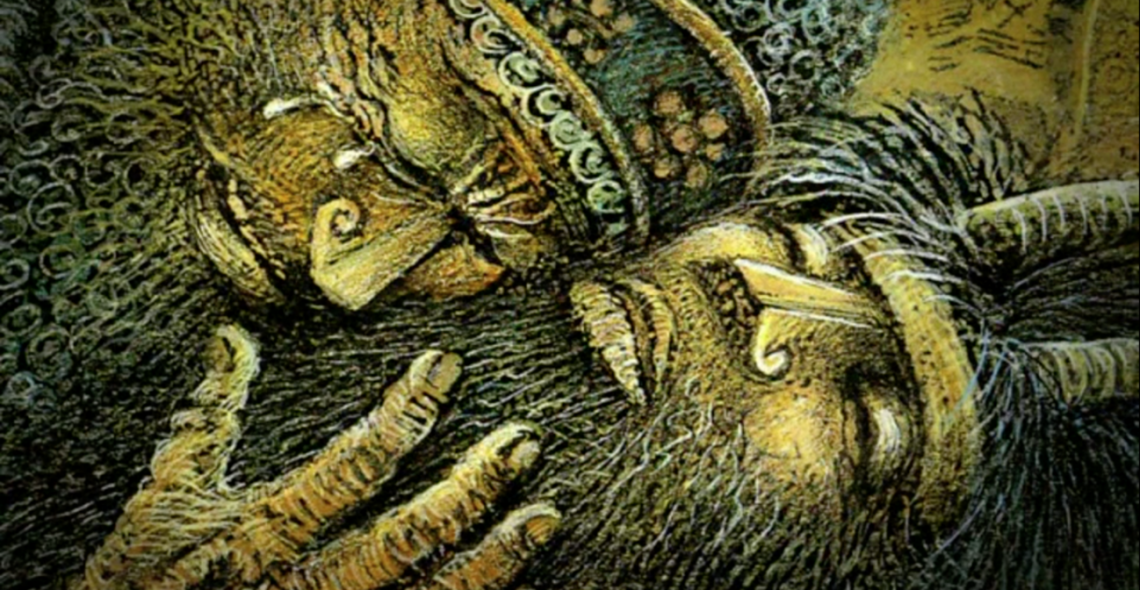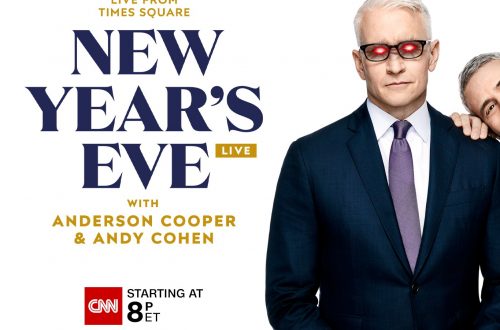
I Failed My First HUM Paper and I Don’t Know Why… ?
My professor just graded my first essay for Readings in World Literature and gave me an F. I’m really confused because I copied most of it from an essay I wrote in AP Literature that got an A. Everything about it is so smart — even I don’t understand it! I guess it wasn’t academic enough… can anyone help me out? Here it is:
Splitting Hairs: A Socio-Fatalistic Exploration of Follicular Constructions Vis-á-Vis Gilgameshian Exegesis
The assiduous reader will take irremediable issue with the pitfalls of importing a Western follicular model to the Sumerian epic. Here we shall discuss a hermeneutic of masculine body hair and its ubiquitous parameterization of Babylonian power dynamics in The Epic of Gilgamesh.
A truly holistic qualitative-comparative methodological approach to this line of reasoning is best accomplished by posing rhetorical questions and not answering them. What does it mean to be “hairy?” (IX. 56-75). Rather, if you will, what is “hairiness” (in the proto-meta sense) (Gilgamesh)? Contrapositively, what pseudo-Assyrian undertones may we disentangle from Enkidu’s bewhiskered frame? “The barber groomed his body so hairy,/ anointed with oil he turned into a man.” (II.108-109) Here the ascendancy of man is inextricably entwined in his bodily follicle, for after such hardy grooming, “Enkidu was weakened, could not run as before” (I.200-201). Claim: the epidermally hirsute are wont to eschew the Samsonesque superiority vouchsafed them ipso facto by dense corporeal folliculate material, i.e., body hair, quod erat demonstrandum.
“O Gilgamesh, wise and sage,/ lover of many and husband of none:/ doth thou wish me to clad, your,/ bald head in a visage of mine own;/ growing?” (Unexcavated Tablet iii.V.57a) The passion emanating from this excerpted segment suggests nothing if not the fraternal desire to redistribute hair where hair isnone — a nod to the authorial bard’s Marxist contemporaries. Showcasing his glossy dome, Gilgamesh elicits unseemly envy from the goddess Ishtar. This is where things really get hairy. Loosely extrapolating, Enkidu’s luscious tresses granted manly allure unto the titular Urukian hero’s heretofore hairless dermis, positing artfully the complex system of gender roles underpinning Humbaba-esque masculinity.
To restate my thesis: Here we shall discuss a hermeneutic of masculine body hair and its ubiquitous parameterization of Babylonian power dynamics in The Epic of Gilgamesh (Writing Tutor, video #2). The end.
*A note on translation: we took the authorial liberty of reconstructing gaps in the text through hypothetically informed guesswork.
Enumerative-Analytical Bibliography
- (Most references made to not(-yet-)excavated tablets: The More Epic Gilgamesh, 2nd Edition).
Co-penned in joint fashion by Ethan Ross and Victor Tyne





